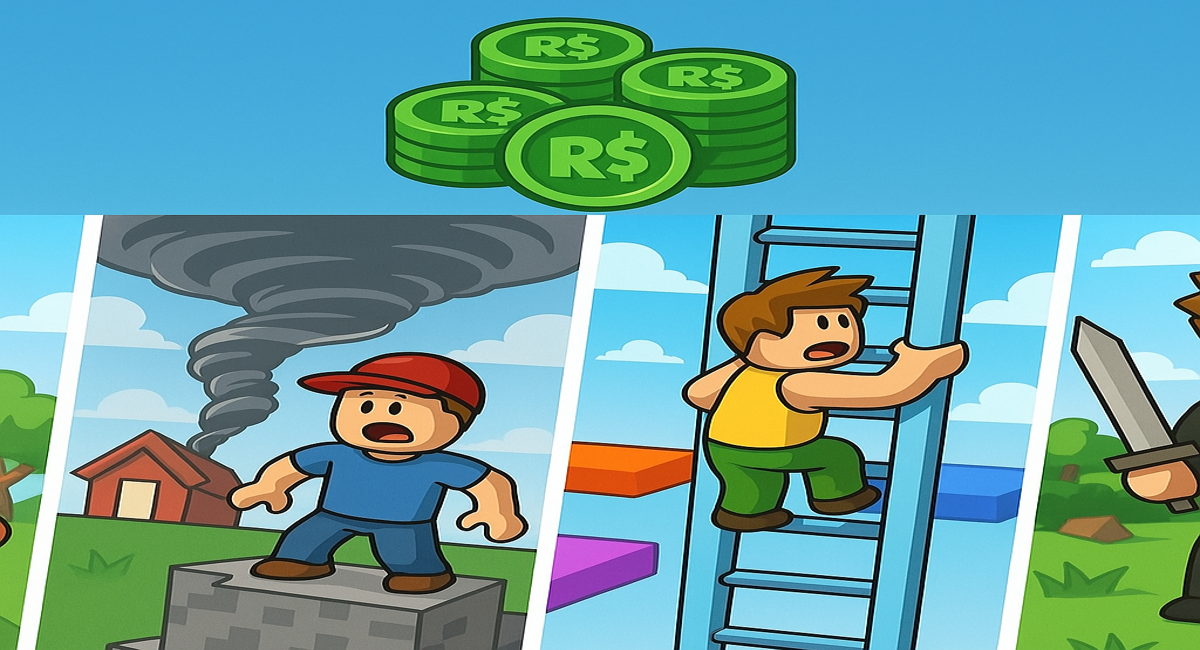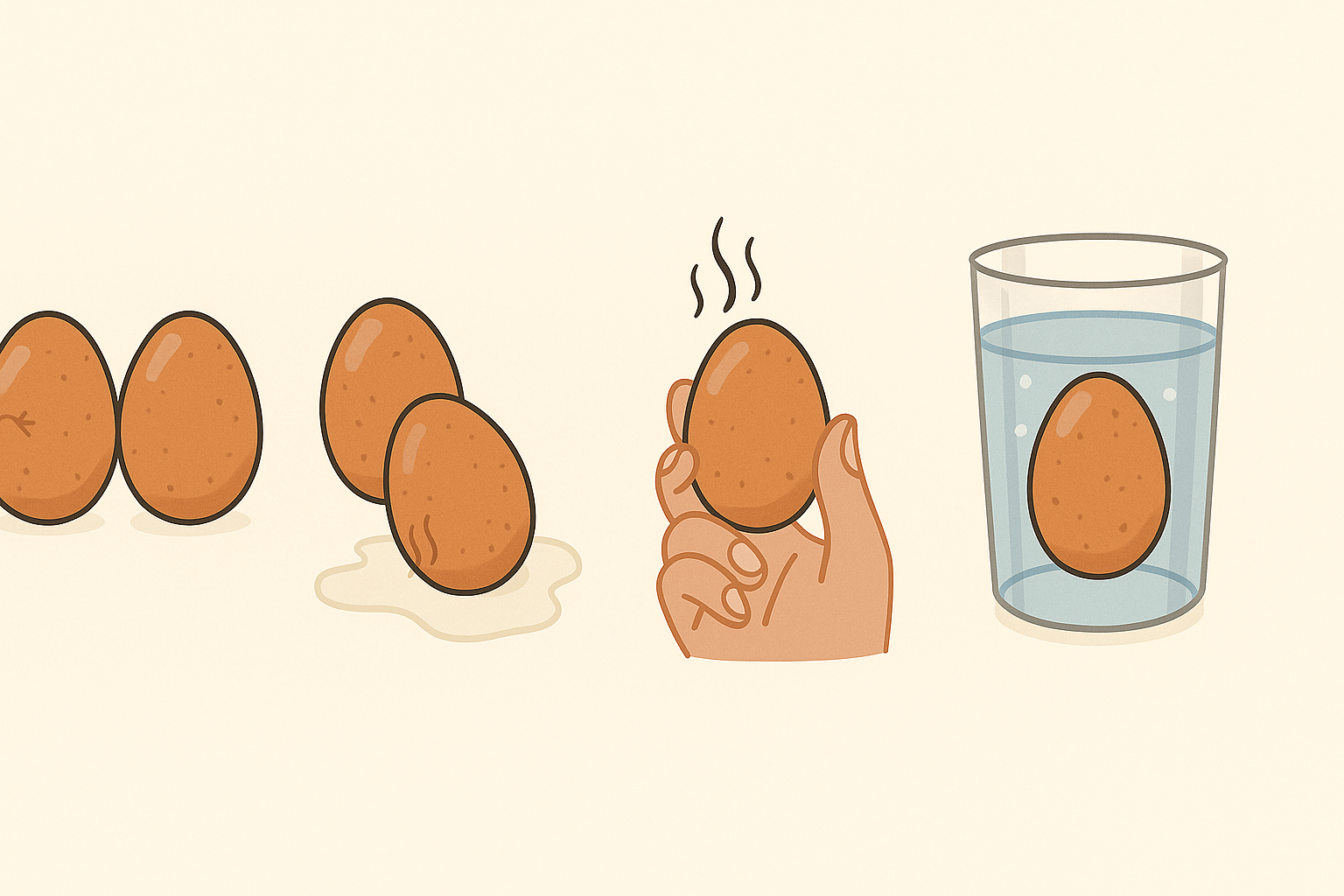The Direct Translation: Cállate
The most direct translation of “shut up” in Spanish is:
Cállate
Pronunciation: KAH-yah-teh
Literal meaning: “Be quiet” or “Shut up”
This comes from the verb callarse, which means to be quiet or to shut oneself up.
Examples:
- ¡Cállate! – Shut up!
- Por favor, cállate un momento. – Please, be quiet for a moment.
Warning: This phrase can sound rude or aggressive depending on your tone and who you’re talking to. Always consider context and relationship before using it!
Softer Ways to Say “Shut Up”
If you’re looking to ask someone to be quiet politely or gently, here are a few softer alternatives:
1. Silencio
- Meaning: “Silence” or “Quiet”
- Example: ¡Silencio, por favor! – Quiet, please!
2. Guarda silencio
- Meaning: “Keep quiet”
- Example: Guarda silencio mientras hablo. – Keep quiet while I speak.
3. Baja la voz
- Meaning: “Lower your voice”
- Example: Baja la voz, por favor. – Lower your voice, please.
4. ¿Puedes hacer silencio?
- Meaning: “Can you be quiet?”
- Polite, often used in schools or formal situations.
Informal or Funny Ways to Say “Shut Up” in Spanish
Among friends or family, especially younger people, you might hear playful or informal versions of “shut up.” Be careful — these can sometimes be disrespectful if used in the wrong setting.
1. Cállate la boca
- Literal: “Shut your mouth”
- Stronger and ruder than just cállate
2. Cierra el pico
- Literal: “Close your beak”
- Slang, very informal. Not used in professional settings.
3. Cierra la boca
- Literal: “Close your mouth”
- Can be rude, depending on how it’s said.
4. ¡Ya cállate!
- Meaning: “Shut up already!”
- Expresses annoyance or frustration.
Regional Variations
Spanish is spoken in many countries, and expressions can vary widely:
In Mexico:
- Cállate el hocico (rude/slang) – Literally “shut your snout”
- No digas nada – “Don’t say anything” (softer)
In Argentina:
- Cerrá la boca – Informal version of “shut your mouth”
- No hablés más – “Don’t talk anymore”
In Spain:
- ¡Chitón! – Old-fashioned or humorous way to say “shush!”
When Not to Say “Shut Up”
It’s important to recognize that telling someone to “shut up” can sound rude, disrespectful, or even aggressive. In many Spanish-speaking cultures, especially where manners and formality are valued, shouting “¡Cállate!” at someone can be offensive.
Use polite phrases or change your tone depending on who you’re speaking to:
- With elders → ¿Puedes hablar más bajo, por favor?
- In class → ¿Podrías guardar silencio?
- At work → ¿Te importaría hablar más despacio o bajito?
How to Respond If Someone Tells You to “Shut Up” in Spanish
If someone says “¡Cállate!” to you, how you respond depends on the tone and context:
- If it’s playful → Laugh it off: ¡Tú cállate! (You shut up!)
- If it’s serious → Stay calm and say: No me hables así, por favor. (Don’t talk to me like that, please.)
- If it’s aggressive → Walk away or respond with: Respeta, por favor. (Please show some respect.)







Leave a Reply